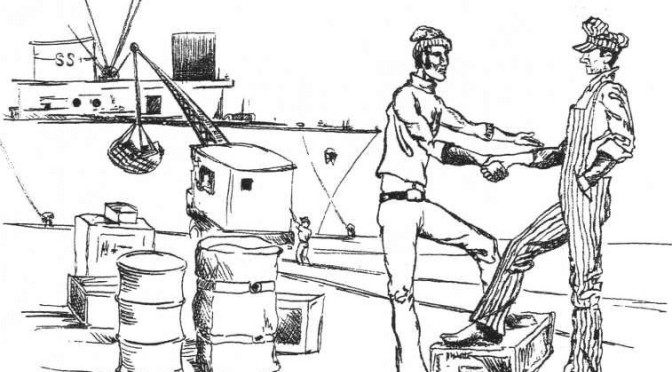Quick! Who is Victor Cross?
Here, I’ll give you a hint: He’s a powerful evangelist whose influence has been felt around the entire globe.
Still don’t know who he is? That’s just how he’d prefer it. You see, Victor Cross doesn’t want to be a big name. He wants Christ to be the focus.
But the way that Victor has gone about it—the way he has influenced people all over the world—is something incredible, because it is so simple.
And you can do it too.
Victor came from a family of Christians. Both of his grandfathers were gospel preachers, and he wanted to follow in their footsteps. When he was 18, he was baptized into Christ and in less than a week, he announced that he wanted to preach for Jesus.
But then discouragement hit—and it hit hard. The local preacher laughed at him for wanting to preach. Laughed in his face! This same preacher (who was also the one who baptized Victor) later accused him of stealing the typewriter that Victor had loaned to the church. Then Victor had to watch the drama unfold when it came to light that the preacher had actually sold Victor’s typewriter so he could buy himself a better one.
As a result of these constant discouragements, and seeing this poor example of a preacher, Victor left the church, and therefore left Jesus too.
As Providence would have it, Victor got married. He started going to church with her, and when she decided to be baptized, he went forward to publicly repent for being unfaithful to the Lord. But the preacher demanded that Victor itemize all the sins he’d committed while he was away from the Lord. This didn’t sit well. Victor left the church, and this time it was for good—so he thought. He was bitter. He was angry. He was resentful to all things related to the church.
To be continued tomorrow…

